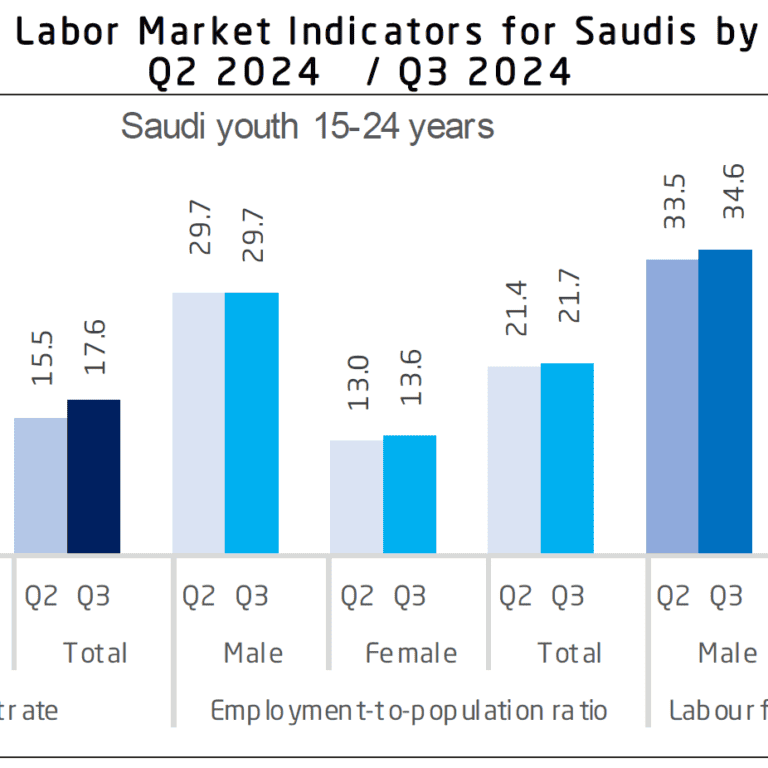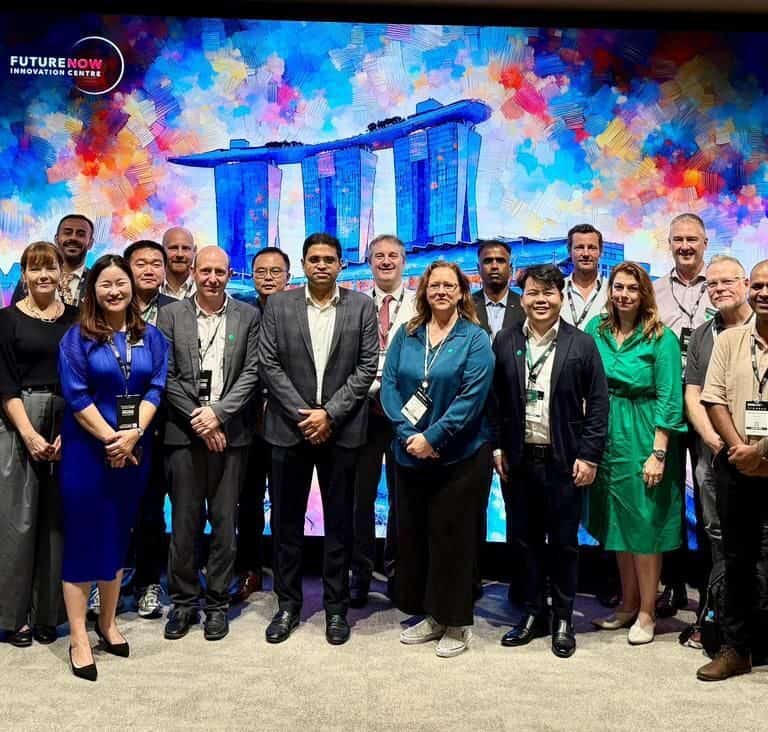Paul O’Loughlin
The global skills shortage is magnifying the international migration of skills across borders, and in particular the Middle East appears to have an insatiable appetite for outstanding people who see this trend as an opportunity to advance their own career prospects. Many of these vacancies are with some of the world’s leading companies. From our own experience, we are currently supporting one of the globe’s most significant corporate identities which are actively sourcing international candidates for some 600 available vacancies. We are expecting this will grow to more than 1,000 fillable vacancies in the coming months. The Middle East currently has some of the largest construction projects the world has seen. The demand for labour is at an all time high, and the fact is that there is not the available skills within their local job markets to satisfy demand.
Construction, communications, healthcare, tourism, aviation, petrochemical, and manufacturing are industries that are experiencing massive labour demands, and in satisfying local requirements triggers shortages in other parts of the world as people flood into these countries to take up these newly created appointments.
The impact of this has created an urgency amongst hiring leads to respond to the market by utilising whatever means at their disposal to target talent and hire swiftly. The historical recruitment process which allowed hiring managers the luxury of being able to deliberate over a shortlist is long gone. Hiring processes are having to adapt to these new market conditions which have been exacerbated by the covid lockdown. Many industries lost skilled people who have transferred to different industries. New industries have sprung up overnight, people have retired, leaving a massive hole in the global labour market. Many companies and institutions struggle with the concept of “what to do” because they all know they are now competing for limited skills and expertise, and this “black hole” is only going to get bigger! The global resurgence in the demand for people is amplifying this, and now that countries are competing on mass for available talent it will be those organisations that have adopted new ways and technologies for finding people who will prevail!
Ai within the job search marketplace is assisting with much of this. Being able to engage with an audience of passive and active talent in real-time is key, and is becoming prevalent within companies, institutions and governments that see their internal talent team as a strategic front line service in obtaining skills swiftly.
As we say in the industry, “Good luck with your search!”
Ubidy | Global Talent on Demand


